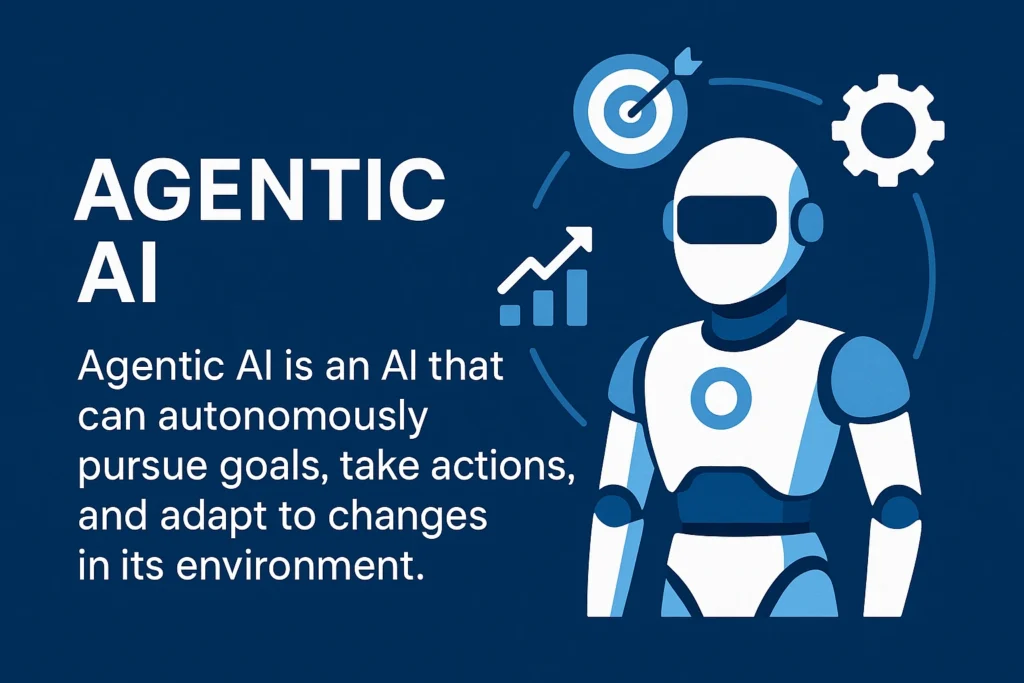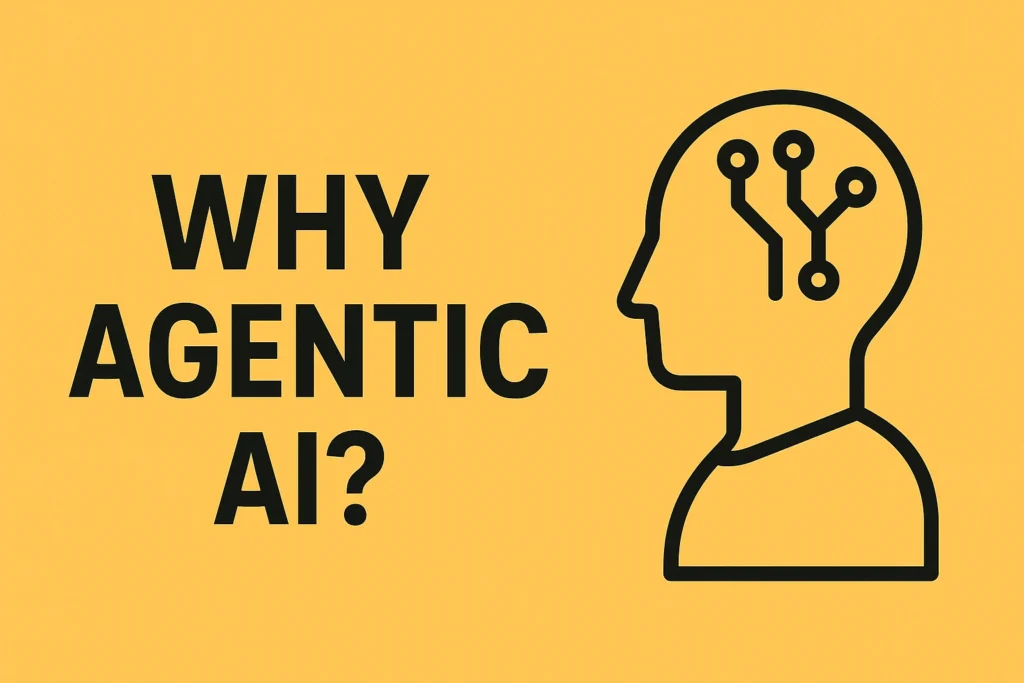Table of Contents
ToggleIndia's AI Transformation: From People to IP Growth

The AI-Driven Transformation of India's IT Industry
This summarizes key advancements and trends in Artificial Intelligence, focusing on reasoning, practical applications, and the intensifying talent arms race.
Main Areas
India's IT industry is undergoing a fundamental "seismic shift" from a labor-intensive model to an Intellectual Property (IP)-led approach, driven by Generative AI (Gen AI).
Shift from Mass Hiring to IP-Led Growth
The traditional model of "mass hiring fresh graduates to fuel growth" is being replaced by a focus on "building proprietary software, automation platforms, and embedding generative AI into every layer of delivery." This signifies a move away from scaling human resources towards leveraging intellectual property for value creation and sustainable growth.
Generative AI as a Core Enabler
Gen AI is not just a tool but a fundamental disruptor, "reshaping global tech services." It is defined as a type of AI that "can create new content such as text, images, audio, video or code based on patterns it has learned from existing data." Its capabilities are driving unprecedented levels of automation and efficiency across various IT functions, from development to support.
Shrinking Traditional "Pyramid" Model and Headcount Stagnation
The "earlier employee heavy model might evolve further," with a clear trend of "headcount growth has either stagnated or turned negative in the last 2 years." The "traditional pyramid model is shrinking," transitioning from a "heavy bottom structure" to a "lean hourglass," with fresher hiring becoming "selective, focused on AI literate talent." This is evidenced by the top five IT services giants collectively cutting "almost 70,000 jobs" in FY24, marking the "steepest headcount decline in nearly two decades."
Increased Efficiency and Profitability through AI and IP
The financial logic of this shift is clear: "HCL Software now generates over $1 billion in annual recurring revenue, far more profitable than traditional services." The move from "time and material contracts" to "fixed price and outcome based models" further underscores this relentless drive for efficiency and profitability, aligning revenue generation with tangible results rather than hours worked.
Internal Operational Transformation
Gen AI is not solely client-facing; it is profoundly "transforming internal operations." Companies are extensively using AI for "copilots to reduce development effort" and to "eliminate repetitive tasks across delivery and support." This internal application of AI is streamlining processes, reducing operational overhead, and freeing up human capital for higher-value activities.
Most Important Ideas/Facts
Key definitions, company-specific examples, and critical statistics highlight the depth and impact of this industry-wide transformation.
Definition of Generative AI
"Generative AI refers to a type of artificial intelligence that can create new content such as text, images, audio, video or code based on patterns it has learned from existing data." These models are "trained on massive data sets and use deep learning techniques especially neural networks to understand and replicate patterns," enabling their transformative capabilities.
IP-Led Approach
This is a business model where "growth and value creation are driven by intellectual property IP such as proprietary software platforms, tools and reusable assets rather than by scaling human resources." This strategic shift underpins the entire transformation, emphasizing innovation over headcount.
Cognizant's AI Code Generation
Cognizant is a prime example of AI integration, already using Generative AI to write approximately "20% of the overall code," demonstrating significant automation in core development tasks.
Infosys's Topaz Platform
Infosys's commitment to AI is evident in its Topaz platform, "boasting over 12,000 AI assets and 150 plus pre-trained models." This platform represents a substantial investment in AI capabilities for enterprise solutions.
TCS's Gen AI Integration
TCS has proactively "trained thousands in Gen AI and integrated it into its BCS platform for fraud detection and credit scoring," showcasing practical, high-impact applications of AI in financial services.
Wipro's AI Offerings
Wipro's "AI 360 and VGA studio are helping enterprises build AI solutions with pre-built accelerators," providing clients with advanced tools and frameworks to rapidly develop and deploy their own AI capabilities.
Revenue Growth vs. Headcount Decline
A critical paradox of this transformation is that even as "revenue continued to grow with TCS up 4.2%, HCLTech rising 4.7% in constant currency and Infosys growing 4.2% year-on-year," headcount has "stagnated or turned negative." This highlights the efficiency gains driven by AI.
Significant Job Cuts in FY24
India's top five IT services giants "collectively cut almost 70,000 jobs" in FY24, representing "the steepest headcount decline in nearly two decades." This stark figure underscores the profound impact of automation and AI on traditional IT employment models.
FY25 Headcount Rebound (Modest)
In FY25, the top five IT services giants "together added only 12,718 employees," a "modest rebound" following the deep correction. This indicates that while some hiring is resuming, it's not at the pre-AI era scale, and the focus is on specialized, AI-literate talent.
Shift in Contract Models
"Time and material contracts have half to 35% of revenue replaced by fixed price and outcome based models." This fundamental change in contract structures reflects a shift towards value-based pricing, driven by the predictability and efficiency enabled by AI and automation.
Future Growth Driver: Software
The unequivocal message for the future is that "growth will no longer come from staffing; it will come from software." This encapsulates the entire transformation, emphasizing that proprietary platforms, tools, and AI-driven solutions are the new engines of value creation in the Indian IT sector.
Conclusion
The excerpts clearly illustrate that India's IT industry is undergoing a profound "seismic shift," rewriting its playbook for the "AI era."
The emphasis is now on intelligent, automated, and IP-driven growth, moving decisively away from the past reliance on sheer human capital. This transformation promises a more efficient, profitable, and technologically advanced future for the sector.
India’s IT Industry in the AI Era — FAQ
From people‑at‑scale to IP‑led growth: answers to the biggest questions.
Giants are ditching mass‑hiring models for an IP‑led strategy: building proprietary software, automation platforms, and embedding Gen AI across delivery. The product is no longer headcount—it’s intellectual property.
Generative AI creates new text, code, images, or audio from learned patterns via deep‑learning neural networks. It enables leaner, automation‑first delivery—writing code, flagging fraud, scoring credit, and trimming repetitive work.
Growth comes from software platforms, tools, and reusable assets, not extra bodies. IP scales margin, moves firms from “people‑as‑product” to asset‑powered, outcome‑based businesses.
- Cognizant : Gen AI writes ~20 % of code.
- Infosys Topaz : 12 k AI assets, 150+ models.
- TCS : Thousands trained; Gen AI in fraud detection & credit scoring.
- Wipro : AI 360 & “VGA Studio” provide pre‑built accelerators.
FY24 saw a ~70 k job cut—largest in 20 years. FY25’s +12 k rebound is modest. The fresher “bottom” shrinks; AI‑literate grads only.
The base flattens into a lean hourglass: fewer juniors, more automation, heavier mid‑tier expertise, and AI platforms handling volume work.
HCL Software tops $1 B ARR—margins well above staff‑hour work. Time‑&‑material now < 35 % of revenue; fixed/outcome contracts dominate, boosting profitability.
Build a smarter, faster, AI‑native services model where growth equals scaling software, not staffing—turning the old pyramid into an agile, high‑margin structure.


